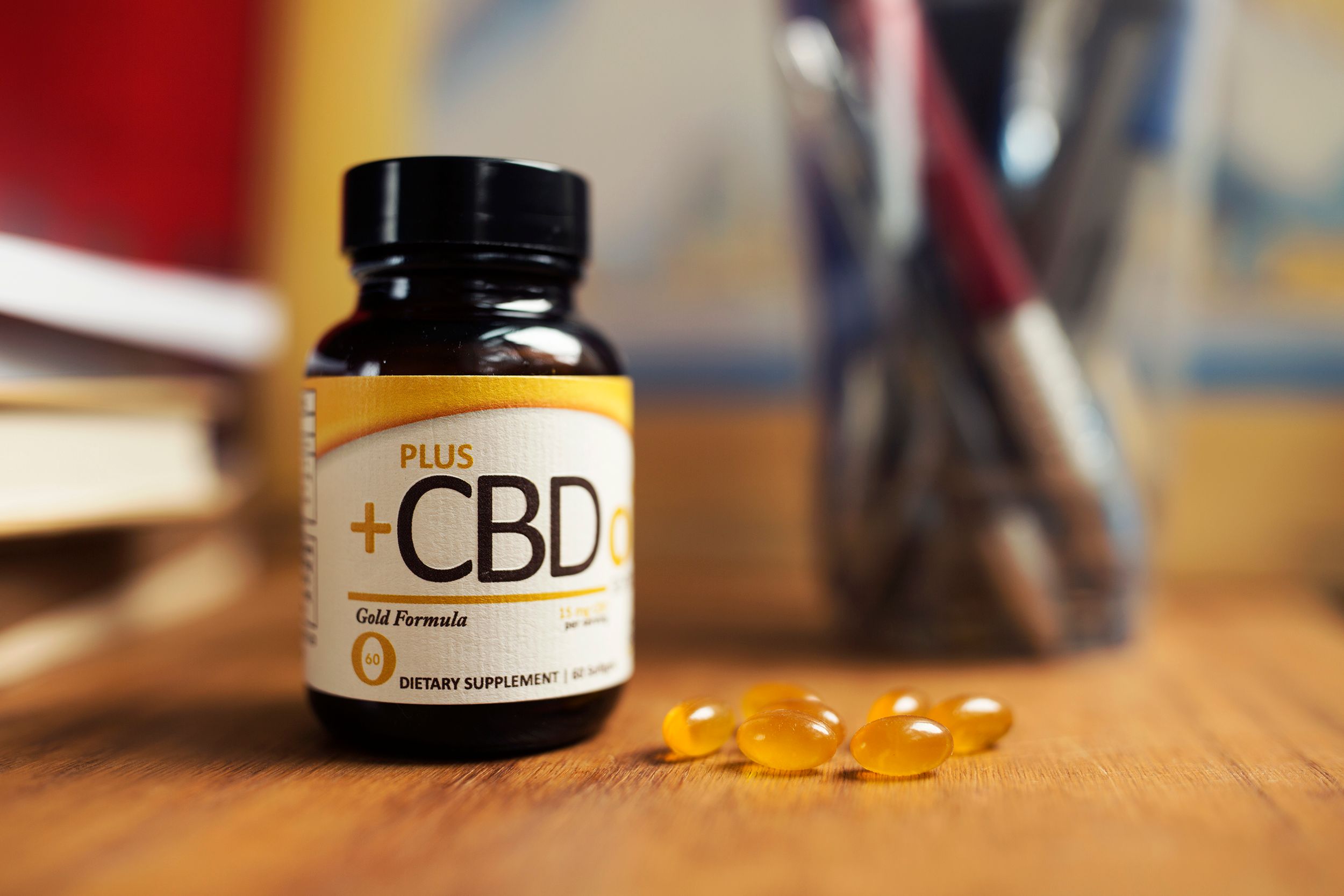Hemp CBD Market Grows Increasingly Competitive, Sales Growing
Nutritional Outlook interviewed hemp cannabidiol (CBD) firm CV Sciences about the growing market for CBD supplements.
Picture of CV Sciences' Plus CBD Oil softgels

Pressure is mounting to make hemp cannabidiol (CBD) products available at retail as consumer demand grows. Sarah Syed, director of marketing at CV Sciences (Las Vegas), a supplier of CBD ingredients and products, notes the “explosion” in demand for hemp and CBD products in the U.S., in an interview with Nutritional Outlook.
“There has been an explosion of hemp and CBD products on the market in the past few years,” Syed says. She points to market projections from Hemp Business Journal released at this year’s Natural Products Expo West trade show estimating that the U.S. hemp industry will be worth $1.8 billion by 2020 and that the market for CBD alone has doubled in size over the past two years, equaling $200 million today.
The hemp retail space is “already very crowded and extremely competitive,” Syed says, adding that “unless a new product can beat the current offerings on quality and price, manufacturers will quickly discover how difficult it is to compete in the agricultural hemp space.”
The future success of CBD products rests on the ingredient's therapeutic promise. “Full plant hemp extracts that contain natural CBD sell themselves because they are a safe and effective alternative to standard modalities. Hemp is also the first viral ingredient capable of influencing both the mind and body,” Syed says. “Products that can help calm the mind and support overall well-being and balance, like hemp extracts, will continue to be in very high demand.”
Interest in hemp and CBD is global, she says. “Hemp and CBD are now a worldwide phenomenon. I expect that every large company in the natural products industry will attempt to launch a hemp CBD in the coming years,” Syed says, adding that “hemp supplements are destined to share the market with pharmaceutical companies and medicinally prescribed CBD.”
As for the legality of CBD, Syed says its status in the U.S. will be determined “in a court of law.” “Hemp and hemp extracts are federally legal,” she says. “The debate, however, around exactly how FDA will view isolated cannabidiol (CBD) will on only be determined in the court of law.” She notes that CV Sciences’ PlusCBD Oil products, which are sold in health food stores nationwide, are made from “lawfully imported” industrial hemp.
Calls to remove regulatory restrictions around hemp and its derivatives are growing louder. In April, U.S. Senators introduced the Hemp Farming Act of 2018, which would de-schedule hemp as a Schedule I drug and open the legal doors for extracts like CBD. Also in April, hemp experts and industry leaders filed public comments with FDA encouraging the agency to de-schedule cannabis and cannabis-related extracts from the list of Schedule I drugs under the Controlled Substances Act.
Also Read:
Cannabis, CBD Should Not Be Schedule I Drugs, Herbal Leaders Urge FDA in April 2018 Public Comments
What’s Driving Hemp CBD Growth?
Will Hemp CBD’s Regulatory Controversy Help or Hurt Its Future as a Supplement Ingredient?
Kratom sees impressive sales growth despite its regulatory status and stigma
March 12th 2025Despite its controversy, kratom is a top-selling ingredient that consumers see value in. That said, brands need to work hard to demonstrate safety and quality of kratom products in the absence of legal regulatory status. Will kratom be able to overcome its stigma for even more growth and consumer acceptance?











